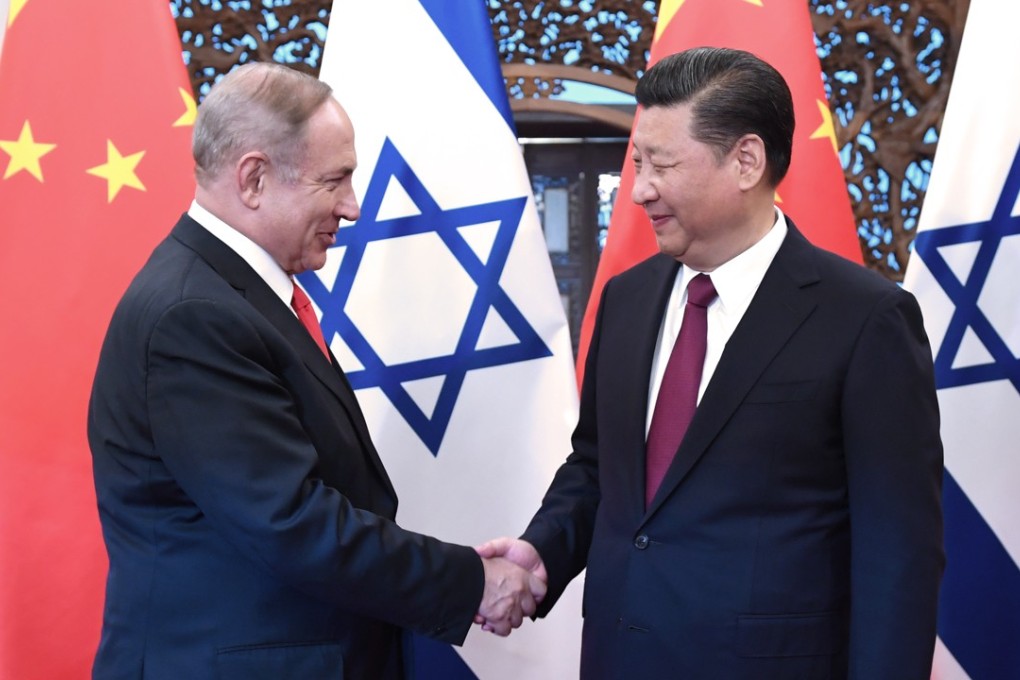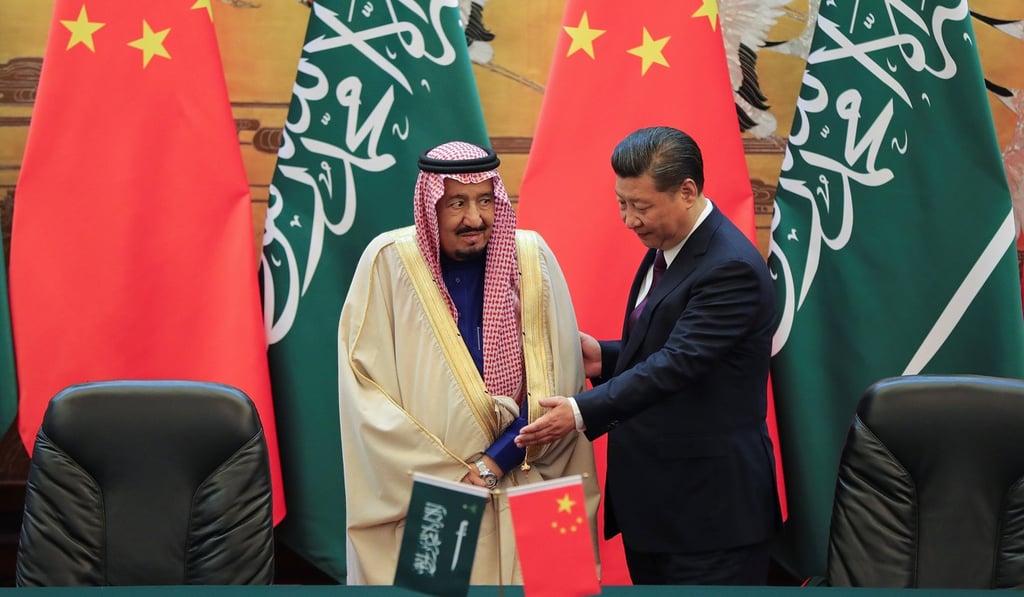Opinion: ‘Belt and Road Initiative’ can help slowly heal divisions in the Middle East

The “Belt and Road” international trade initiative is bold, inspiring and potentially an engine for improving economic, political and security realities among the nations involved.
Credit is due to China’s President Xi Jinping and his government for launching the idea and their willingness to pursue it politically and financially. That is what all the political leaders in the Middle East will be saying at the summit on the initiative to be held later this month in Beijing.
They’re right, but there are deep problems and high hurdles on the road to implementing the initiative that should not be ignored.
The routes of the trade initiative cross areas of ethnic, political, religious and economic diversity and conflict and these are manifested more than anywhere else in the Middle East and the eastern Mediterranean . There are the Shia-Sunni conflicts underpinning Saudi Arabian political and economic rivalries and the war in Yemen. Syria and Iraq are involved in ethnic wars which threaten their long-term territorial and political integrity. There are also the Israeli-Palestinian conflict, the Turkish-Greek conflict in Cyprus and Lebanon having a Hezbollah state within a state. This is just a shortlist of some of the conflicts in the region.
The “Belt and Road Initiative”, even if it progresses successfully, cannot be the solution to these conflicts. It can, however, be a catalyst and be of significant added value towards solutions when peoples and states have the will to solve their conflicts. For that, China as the leading and convening power, has to drive and make the initiative concrete and secondly it has to broaden the political coalition behind this colossal project.
